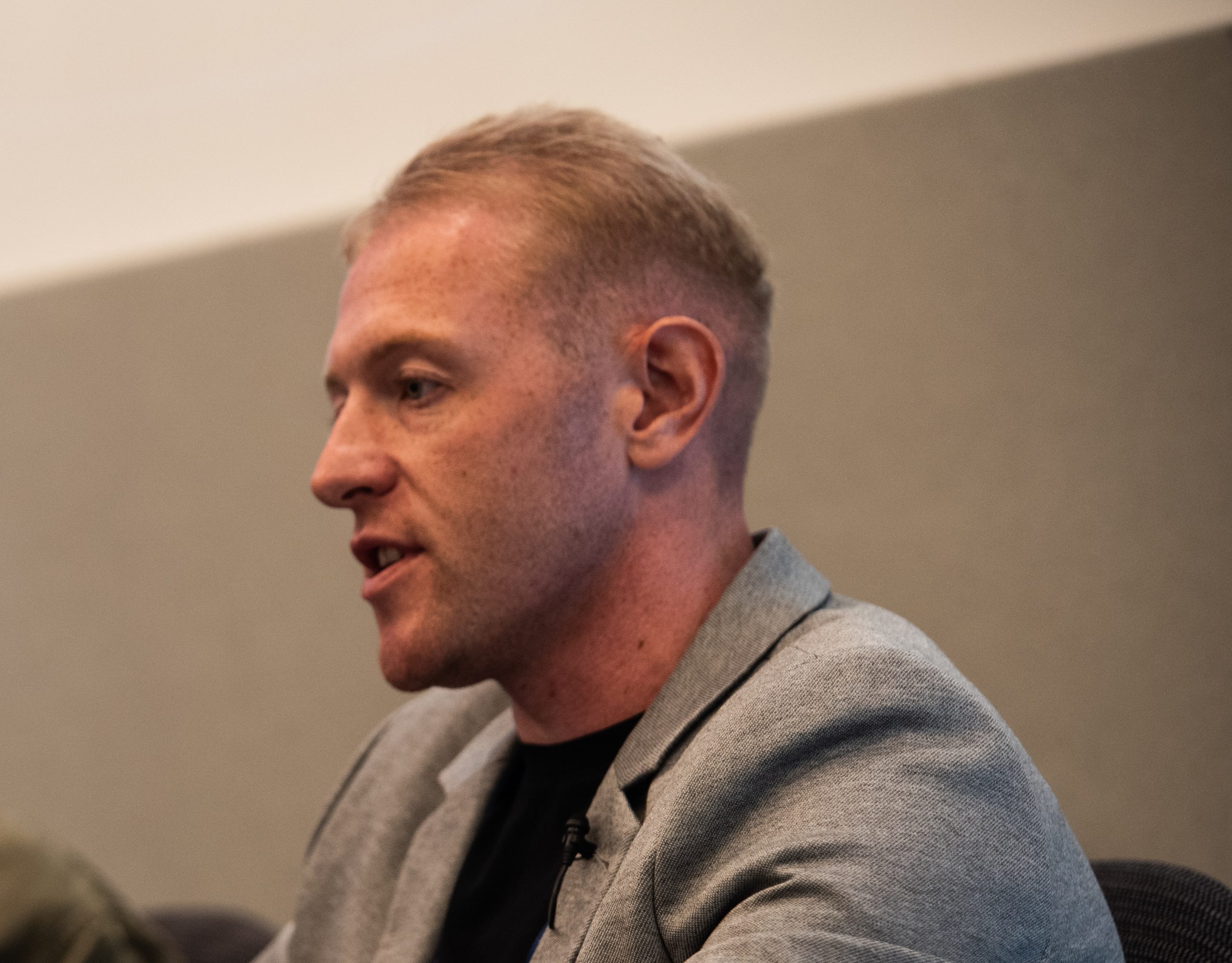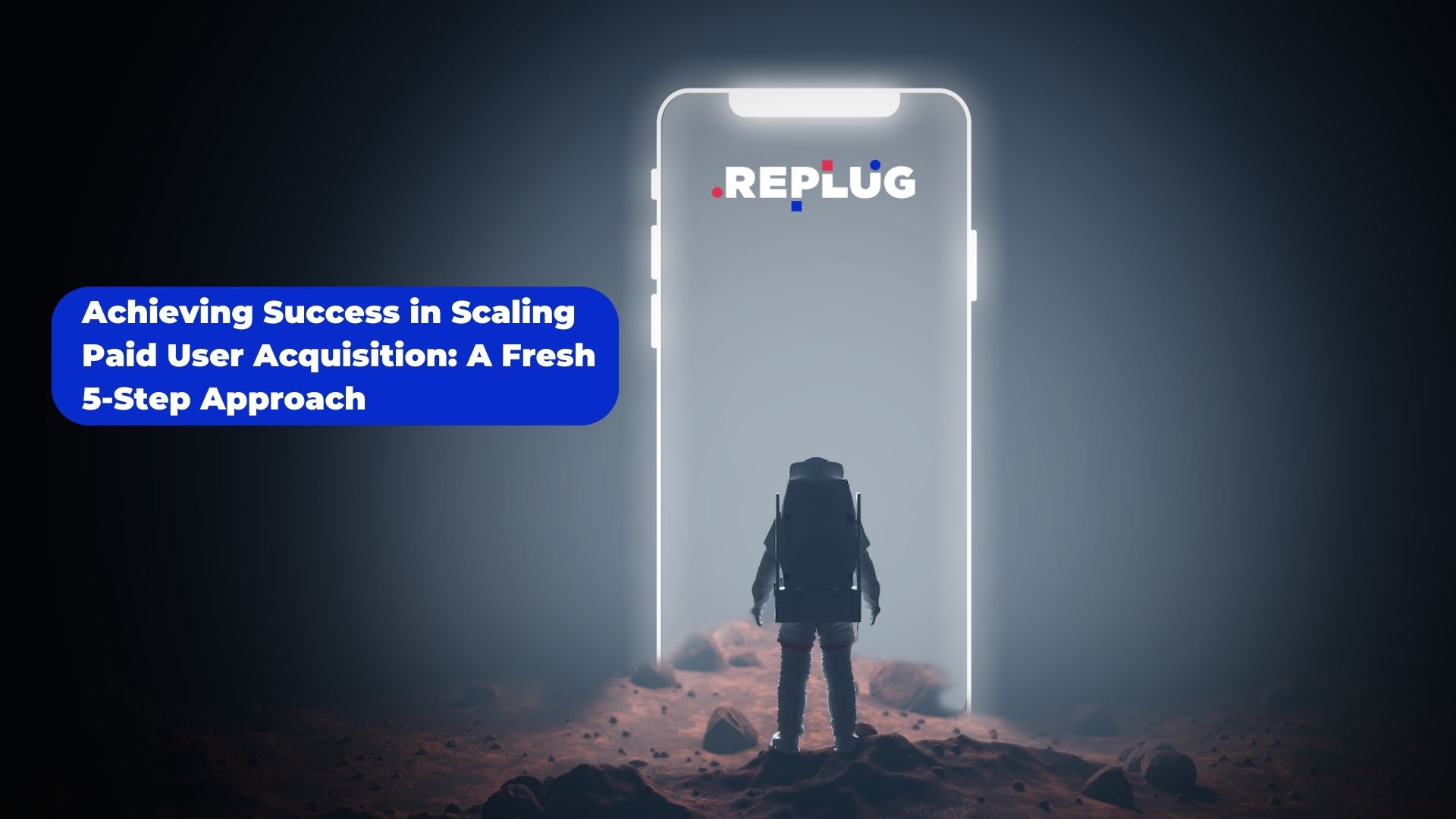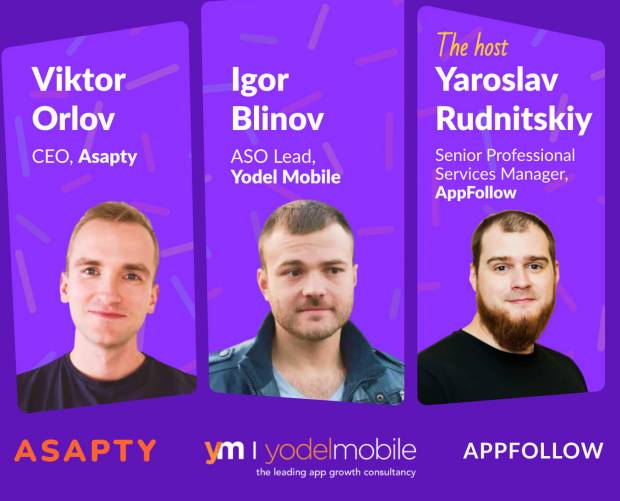Ben Plomion, CMO of GumGum looks at the key takeouts from last week’s tech extravaganza in Las Vegas.
 The lights may have dimmed at last week’s Consumer Electronics Show in Las Vegas, but the internet is still aglow over the brave new world glimpsed at the world’s largest tech showcase. But with all due respect to the ping pong-playing robot and the five-foot-wide rollup TV, there can be no doubt that the real star of this year’s show was artificial intelligence.
The lights may have dimmed at last week’s Consumer Electronics Show in Las Vegas, but the internet is still aglow over the brave new world glimpsed at the world’s largest tech showcase. But with all due respect to the ping pong-playing robot and the five-foot-wide rollup TV, there can be no doubt that the real star of this year’s show was artificial intelligence.
“AI is no longer a ‘thing’ – it’s everything.” That’s according to the CES host organisation, which dedicated a day-long conference to AI and its influence across a gamut of industries. Nearly 500 companies exhibited products featuring AI at this year’s show, ranging from tech-centric brands like Intel and IBM, to less obvious players such as agricultural company John Deere.
Among the many AI-related headlines coming out of CES 2019, a few developments are of particular interest to marketers due to their potential to alter the way we do business, both now and in the not-too-distant future.
The value of voice
The prize for most over-the-top CES exhibit has to go to Google, which tripled the size of its booth space from last year to include a theme park ride promoting its AI-powered, voice-activated Google Assistant. The three-minute miniature roller coaster led riders through a day-in-the-life with Google Assistant, from navigating morning traffic to picking up a birthday cake for grandma (including translation help for the French-speaking baker, courtesy of a new interpreter mode).
Google’s CES extravagance reflects the growing significance of voice-activated tech. Leading up to CES, Google announced it has doubled the number of Assistant-enabled devices since last May, to 1bn by the end of this month. Amazon also has doubled sales of Alexa devices just since late summer, to 100m.
And among the Alexa- and Assistant-enabled products debuted at CES this year were a voice-activated slow cooker, a coffee grinder, window shades, and a toilet, proving that voice recognition really is everywhere.
The Takeaway: Voice-activation technology is quickly becoming omnipresent, yet the potential for reaching consumers in literally every room of their homes remains largely untapped by marketers.
The future is 5G
Few CES subjects raised as many eyebrows – or ruffled as many feathers – as 5G, the next generation of wireless connectivity. It’s easy to understand why: after all, 5G promises speeds that will enable users to download entire movies in minutes, or even seconds. And the ramifications go far beyond entertainment, as 5G will also enable us to integrate AI into our homes, cars, cities, and day-to-day lives in ways not currently possible.
Everybody wants it, but unfortunately, nobody has it – no matter what your carrier might like you to think. Indeed, AT&T waded into hot water last week for rebranding its updated 4G LTE connection to display ‘5G E’ on users’ phones in some areas. This prompted a backlash from Verizon, which fired back with full-page ads in four national newspapers branding the move “marketing hype.”
So what’s the truth? Well CES 2019 proved that the race to a 5G smartphone is still underway, with Sprint announcing a 5G Samsung model due this summer, and other wireless carriers in hot pursuit. But with full 5G network availability expected by 2021, the time to prepare for this phenomenon is now.
The Takeaway: 5G is on its way, and will prove vital in the advancement of AI in our everyday lives. Marketers must ensure they’re ready for this new era, and the way it will revolutionise the lives of consumers.
Privacy in the IoT
Privacy was also top of mind at CES, following a year filled with big data scandals and changing data protection laws in the US and Europe. Apple jumped into the conversation without even renting booth space, with a 14-story ad overlooking the CES convention center proclaiming: “What happens on your iPhone, stays on your iPhone.”
It was a direct shot at Amazon and Google, and Apple wasn’t the only one playing to consumer privacy concerns in the burgeoning IoT space. Mycroft debuted a prototype smart speaker at CES containing a digital assistant that promises never to collect or store user data. And a variety of conference sessions took place which focused on privacy topics ranging from AI ethics, to challenges around making smart toys safe for kids.
The Takeaway: As AI becomes increasingly integrated into our daily lives, marketers will need to stay abreast of both changing privacy regulations and consumer attitudes to avoid missteps.
Our key lesson from CES 2019
AI and other emerging tech is beginning to disrupt and elevate the lives of consumers in a big way. With this, there is an opportunity to engage consumers in highly innovative ways – making 2019 an exciting year for both marketers and consumers alike. Stay tuned.

















